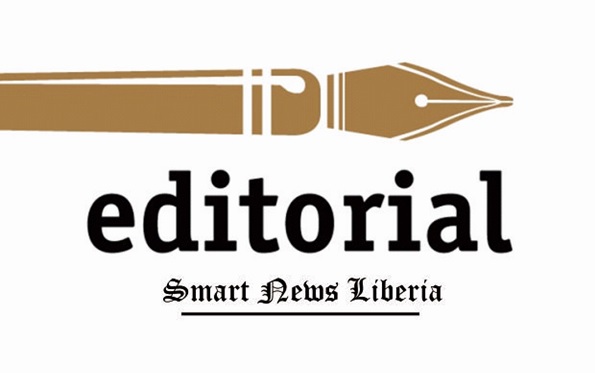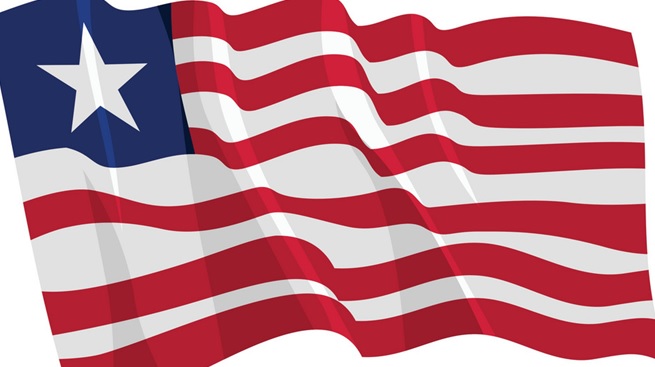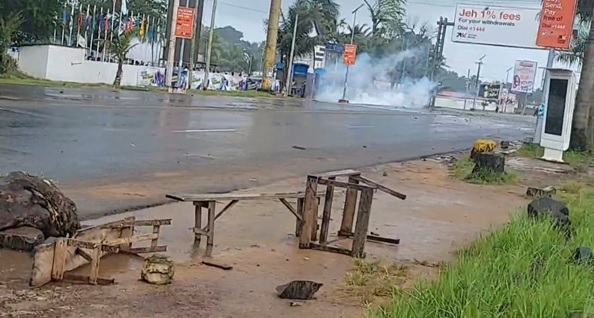The recent clash between the Coalition for Democratic Change (CDC) supporters and the police in Monrovia reveals the fragile state of Liberia’s democracy and the deepening political divide. This incident, which involved stone-throwing by CDC supporters and a police response with tear gas, has triggered widespread condemnation and raised questions about the government’s handling of opposition groups. As Liberia navigates a tense post-election period, both the government and the opposition must act responsibly to avoid further conflict.
The conflicting narratives surrounding the incident have only fueled mistrust. The government claims the police were conducting a routine operation when they were met with resistance, while the CDC alleges a targeted attack on their headquarters, intended to intimidate the opposition. This stark contrast in accounts highlights the need for transparency and clear communication from all parties to rebuild trust among the public. Without a reliable understanding of what transpired, it is nearly impossible for the Liberian people to assess the legitimacy of either side’s actions.
This event features a troubling trend in Liberian politics: the use of force and the potential abuse of state power. The Boakai administration’s heavy-handed approach, including using tear gas and arresting CDC supporters, has been criticized by human rights organizations and civil society groups. These actions not only undermine the democratic values that Liberia has strived to uphold but also risk exacerbating the already volatile situation. The government’s tactics must be scrutinized, and efforts should be made to ensure that law enforcement actions are proportionate and just.
Amidst these tensions, the role of leadership becomes paramount. President Joseph Boakai must demonstrate his administration’s commitment to democratic principles by ensuring that law enforcement operates transparently and without political bias. On the other hand, former President George Weah and CDC leaders have a responsibility to steer their supporters toward peaceful protest and discourage any actions that could incite violence. Both sides must recognize that the future of Liberia’s democracy depends on their ability to engage in constructive dialogue and mutual respect.
In conclusion, the violent confrontation at the CDC headquarters serves as a stark reminder of the need for responsible leadership in Liberia. As the nation faces the challenge of navigating a deeply divided political landscape, all stakeholders must prioritize dialogue over confrontation and work collectively to uphold the rule of law. An independent investigation into the incident is necessary to establish the facts and hold those accountable for any wrongdoing. Only through such measures can Liberia hope to maintain its hard-earned peace and build a more inclusive and democratic society.







